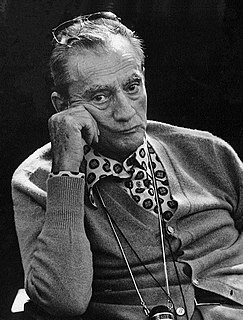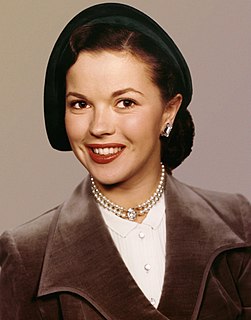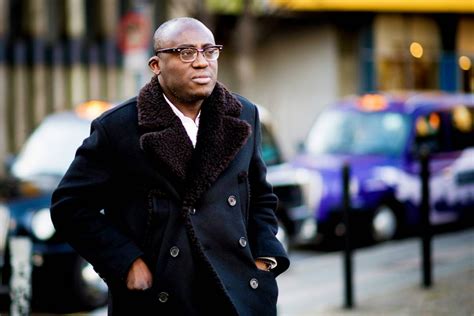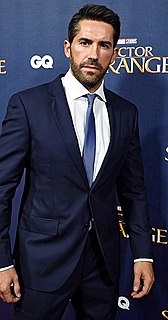A Quote by Luchino Visconti
I could make a film in front of a wall if I knew how to find the data of man's true humanity and how to express it.
Related Quotes
I applied [to film school] figuring, "I need to find some structure for myself. I need to find a way to figure out what kind of filmmaker I want to be." And that is what film school provides you with. It'll teach you the basics of how a production works and the technical side of how to put everything together, but you could also learn that by working on film sets.
She was perfect. I knew this the moment she emerged from my body, white and wet and wailing. Beyond the requisite ten fingers and ten toes, the beating heart, the lungs inhaling and exhaling oxygen, my daughter knew how to scream. She knew how to make herself heard. She knew how to reach out and latch on. She knew what she needed to do to survive. I didn’t know how it was possible that such perfection could have developed within a body as flawed as my own, but when I looked into her face, I saw that it clearly was.
In effect, you're saying that if you knew how you oughtt to live, then the flaw is man could be controlled. If you knew how you ought to live, you wouldn't be forever screwing up the world. perhaps in fact the two things are actually one thing. Perhaps the flaw in man is exactly this: that he doesn't know how he ought to live.
Back when I used to struggle with how I could define myself in the film business, I knew that I'd always remain true to myself and what I wanted to accomplish. The style of action I showcase is quite different from other stars we usually see, but I'm remaining true to myself, and hopefully this comes across.
The third component of the Law of Dharma is service to humanity--to serve your fellow human beings and to ask yourself the questions,"How can I help? How can I help all those that I come into contact with?" When you combine the ability to express your unique talent with service to humanity, then you make full use of the Law of Dharma.
My hope is that the film Wall Street 2 will actually serve as a way for us to bridge that gap between Wall Street and Main Street. Certainly that's dealt with in the film of how it does affect everybody, so, you know, I always find that when you can create a movie or a play or a book that gives somebody a safe theoretical place to discuss what is really going on in the day it tends to forward discussion, so that would be my hope coming out of the film.
I used to read more when I was a kid than I do now. It was all sort of fuel for the fire to teach you how to think and how to make things and it informed the architecture that I was doing. It's better coming in with that history and that kind of knowledge and depth of understanding of humanity that is very important for building buildings - for understanding people and how they should live and how you could make your lives better and stuff like that.






































